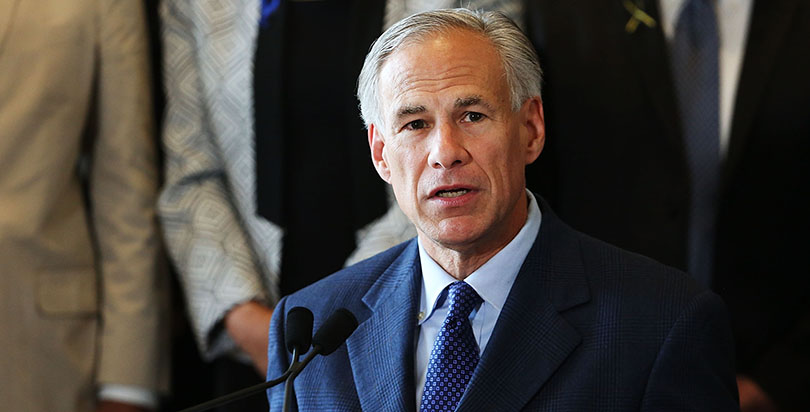A local television news station in Texas came with a damning investigation that found that too often, school leaders fail to report charges of teacher sexual misconduct to state investigators. Titled “Passing the Trash,” the station’s report examined the practice of letting teachers resign following sexual misconduct allegations involving a student — essentially allowing accused perpetrators to find new jobs in other districts.
In one instance, a high school music teacher resigned for “personal reasons” after school officials in Dallas discovered that he engaged in a sexual relationship with a 17-year-old student. Although the Dallas Independent School District added the teacher to its “do not hire” list, it failed to report the incident to the Texas Education Agency for months, and by the time the teacher was convicted of the crime, he had already landed a new teaching job in Irving.
Now the investigative report, other news stories from around the state over the past several years, and new data from the Texas Education Agency showing a spike in teacher misconduct cases have prompted action from the governor and state legislators to better protect students.
“Texas reportedly leads the nation in teacher-student sexual assaults,” Gov. Greg Abbott said in his January State of the State address. “Some of those teachers are not prosecuted, and worse, some are shuffled off to other schools. We are the ones with the duty to do something about it.”
Abbott said that although Texas is home to some of America’s best teachers, a roughly 54 percent increase in reported teacher sexual misconduct cases since 2009 has given the state “an unwanted ranking.”
Abbott has called for legislation that “imposes real consequences” on teachers who engage in inappropriate relationships with children, and that penalizes school officials who “turn a blind eye” to abuse.
Proposals from state lawmakers this year would carry tougher penalties for school leaders who fail to report teacher sexual misconduct, expand the Texas Education Agency’s investigative authority, require districts to adopt digital media policies, and create training programs that highlight proper student-teacher relationships. One proposal would go so far as to create a $3 million online registry of educators who are banned from the profession.
A year ago, USA Today published a nationwide investigation that found that a lack of federal oversight, a patchwork of state laws, and inconsistent sharing allowed teachers with misconduct violations to find new teaching jobs by moving across state lines. Similar to what is being proposed in Texas, some educators called for “a national teacher license clearinghouse that would list license revocations from any and all states.”
Calling the recent rise in teacher misconduct cases in Texas an “epidemic,” Sen. Paul Bettencourt put the blame on social media for creating an easy platform for teachers to inappropriately contact students. He also acknowledged that more attention from lawmakers and news organizations could have resulted in increased reporting by school officials.
“I think at this point in time the legislature is fed up with what we’ve seen. The public is fed up,” said Bettencourt, who proposed the Senate bill on teacher misconduct that is expected to reach the governor’s desk. That bill, he said, “will really do something about it and draw a bright line to where it’s obvious people can’t look the other way on this behavior.”
State officials opened 222 cases involving inappropriate student-teacher relationships in the 2015–16 fiscal year, an increase from 141 in 2009–10, according to Texas Education Agency data. Between September 2016 and January, the state education department opened 97 cases. The state did not provide data on the number of cases that resulted in findings or disciplinary action.
And although state education officials don’t collect data on the origins of teacher misconduct cases, agency spokeswoman Lauren Callahan said that almost all cases stem from inappropriate technology use, including text messaging and social media.
“We’re going to do our very best to close those cases as quickly as possible and make sure they’re not going to be able to ever, in whatever way, impede student safety again,” Callahan said.
In a nod to bipartisan consensus, teachers associations, including the Association of Texas Professional Educators, have also backed the changes. Noting that only a fraction of the state’s nearly 350,000 public school teachers have engaged in inappropriate behavior, the association is particularly interested in rules that establish educator preparation programs and require school electronic communication policies, said Kate Kuhlmann, an association lobbyist.
“We’ve done a lot over the years on the back end to criminalize this behavior and penalize educators that partake in such misconduct,” she said. “But if we can prevent it in the first place by ensuring that we are talking about appropriate boundaries and appropriate relationships with students as often as we can, we think that we should be doing that too.”


;)
